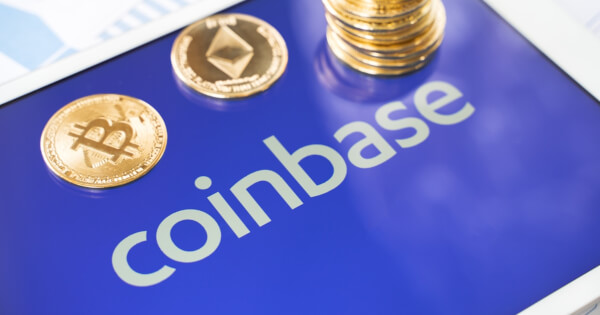In a recent legal tangle, Coinbase, a prominent cryptocurrency exchange, and its customers have brought forward a contractual disagreement to the United States Supreme Court. The crux of the matter revolves around who – a court or an arbitrator – should adjudicate on which contract governs the disputes. The US Supreme Court is set to deliberate on the authority appropriate for making such rulings.
The discord arises from two different agreements signed between Coinbase and its customers. According to a report by Bloomberg, one contract advocates for arbitration, while the other endorses court action. This inconsistency in the agreements is the root cause of the ongoing legal impasse.
Adding to the complexity is a sweepstakes agreement, which steered dispute resolution to California courts, creating a challenge in the scenario. Initially, Coinbase imposed arbitration terms on its clients; however, this sweepstakes agreement muddied the waters.
Triggered by accusations of deceptive advertising, a class-action lawsuit has been launched against Coinbase by its customers. The lawsuit scrutinizes Coinbase’s approach of addressing customer grievances through arbitration.
Despite Coinbase’s request for arbitration, it was rejected due to the findings of this investigation, marking a significant hiccup in their legal strategy. This judicial reservation occurs even after a recent Supreme Court verdict, which favored Coinbase in a cryptocurrency-related dispute, decided by a narrow margin of 5-4 votes.
Post this verdict, the court upheld Coinbase’s initiative to halt customer lawsuits, advocating for arbitration to resolve disputes. Specifically, the ruling enabled the firm to divert consumer litigation into arbitration channels.
Irrespective of the ongoing legal melee, Coinbase continues on its growth trajectory, expanding its product and service spectrum, thereby offering customers a wider array of trading options.
The move by the Supreme Court to entertain arguments in this case marks a pivotal, potentially industry-altering juncture for entities employing arbitration agreements. The outcome could notably influence the practice of drafting and enforcing user agreements, especially in the dynamic domain of digital currency trading.
Image source: Shutterstock
Credit: Source link































